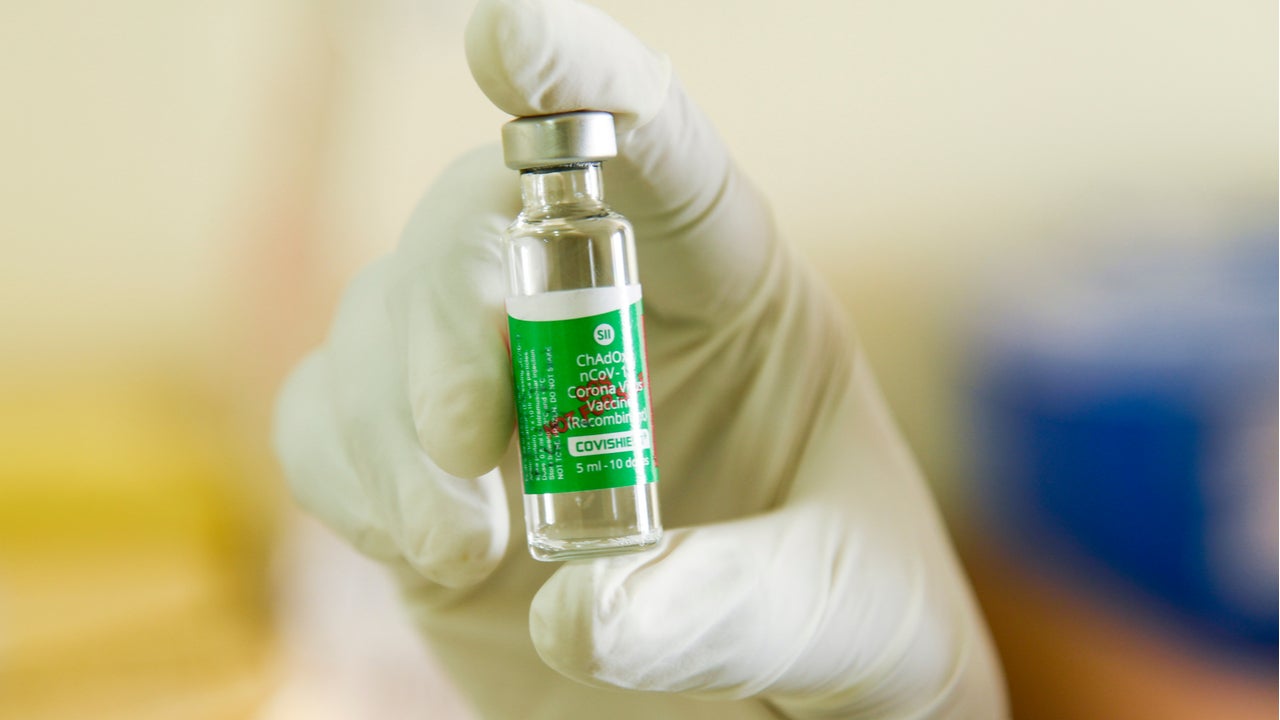Challenges related to the pandemic, range from higher food or medicine prices, to infant mortalities, poor education, patchy immunisation, and complacency.
Kweku Opoku-Agyemang
Kweku Opoku-Agyemang, an economist, retweeted an article on Northwestern University economist Seema Jayachandran discussing her wide-ranging research in the developing world and insights on gender inequality, corruption, economic growth, and the pandemic impact in poor nations.
She argues that one of the many tragedies of the Covid-19 pandemic is that hunger, poverty, and infant mortality are all going to be increasing. The optimism or pessimism is really about how economies are able to spring back to normal or growth.
While working on a research project in India that examines people suffering with co-morbidities such as diabetes and hypertension, Seema says that they face two-fold risks as they cannot interact with healthcare staff because of the restrictions. As a result, they are not able to manage their disease and are therefore at high risk of suffering from the Covid disease.
Additionally, the research found that approximately 90% of the people believed they were at a low risk of getting Covid or dying from the disease. People were quite sure about other people being at risk, but overly optimistic about themselves not being at risk, she stated.
.@seema_econ spoke with Doug Clement and Anjali Nair about her wide-ranging research in the developing world and insights gained into gender parity, economic growth, and the pandemic’s impact in poor nations. Read the interview here: https://t.co/mkWicTi0Zr
 GlobalData Strategic Intelligence
GlobalData Strategic IntelligenceUS Tariffs are shifting - will you react or anticipate?
Don’t let policy changes catch you off guard. Stay proactive with real-time data and expert analysis.
By GlobalData— Minneapolis Fed (@MinneapolisFed) February 13, 2021
Steve Keen
Steve Keen, an economist and author, retweeted a discussion on the crumbling world of lobotmised economists. According to the expert, the world’s leading economies, the US and Europe, were the worst performers with respect to the pandemic. China, on the contrary, from where the disease originated, had 90,000 cases in total among a population of 1.4 billion people and life is back to normal in the country.
Countries like Thailand, he opines, seems to have been progressive in managing the disease well out of Asia. Likewise, Australia and New Zealand have been doing well because of collective efforts to restrain and contain the virus. He also added that Taiwan and New Zealand were perceived to the best performers, managing to supress the virus in just eight weeks, while Victoria in Australia was able to supress the second wave of the coronavirus in approximately 100 days.
Keen predicts mass rollouts of coronavirus vaccines in the US, Europe and across Asia in 2022. He also emphasised the importance of regular cash flow as people have begun to spend but do not have the money to pay their debts. The US, he believes is on the brink of a pre-Covid recession because of no preceding boom.
Podcasts:
Steve Keen @ProfSteveKeen
The crumbling world of lobotomized economistshttps://t.co/6XD3zGsSw5Euro Intelligence @EuroBriefing
On the German-Russia Dilemma https://t.co/oWzOOtDaiq#economics #nordstream2 #Germany #USA #debt #Russia pic.twitter.com/vzhOwSUBT7— Brave New Europe (@BRAVENEWEUROPE1) February 14, 2021
Nasser Saidi
Nasser Saidi, a politician and economist, shared a weekly economic commentary of January 2021 on how global stocks tumbled, given weak economic data amid rising Covid-19 cases and deaths and stricter lockdown rules in China, France and Germany.
As the new Biden government in the US outlined its $1.9tn economic relief plan to support small businesses and communities hard hit by the pandemic, GDP in the UK slipped by 2.6% month-on-month in November 2020, during the second wave of the virus.
In the Asia-Pacific region, Chinese exports grew by 18.1% year-on-year in December 2020, Japan reported an account surplus by 29% year-on-year, and retail inflation in India eased to 4.59% in December 2020, driven by a decline in food prices during the pandemic.
The commentary also highlighted that vaccine rollouts was picking pace, with approximately 34.48 million vaccine doses having been administered across the globe as on 16 January 2021. 16th. India’s nation-wide vaccination drive managed to vaccinate more than 100,000 people on the first day, while Israel and UAE topped the charts with respect to dose administration rate, at 25.34 and 18.18 per 100 people respectively.
https://twitter.com/Nasser_Saidi/status/1360999385933484034




